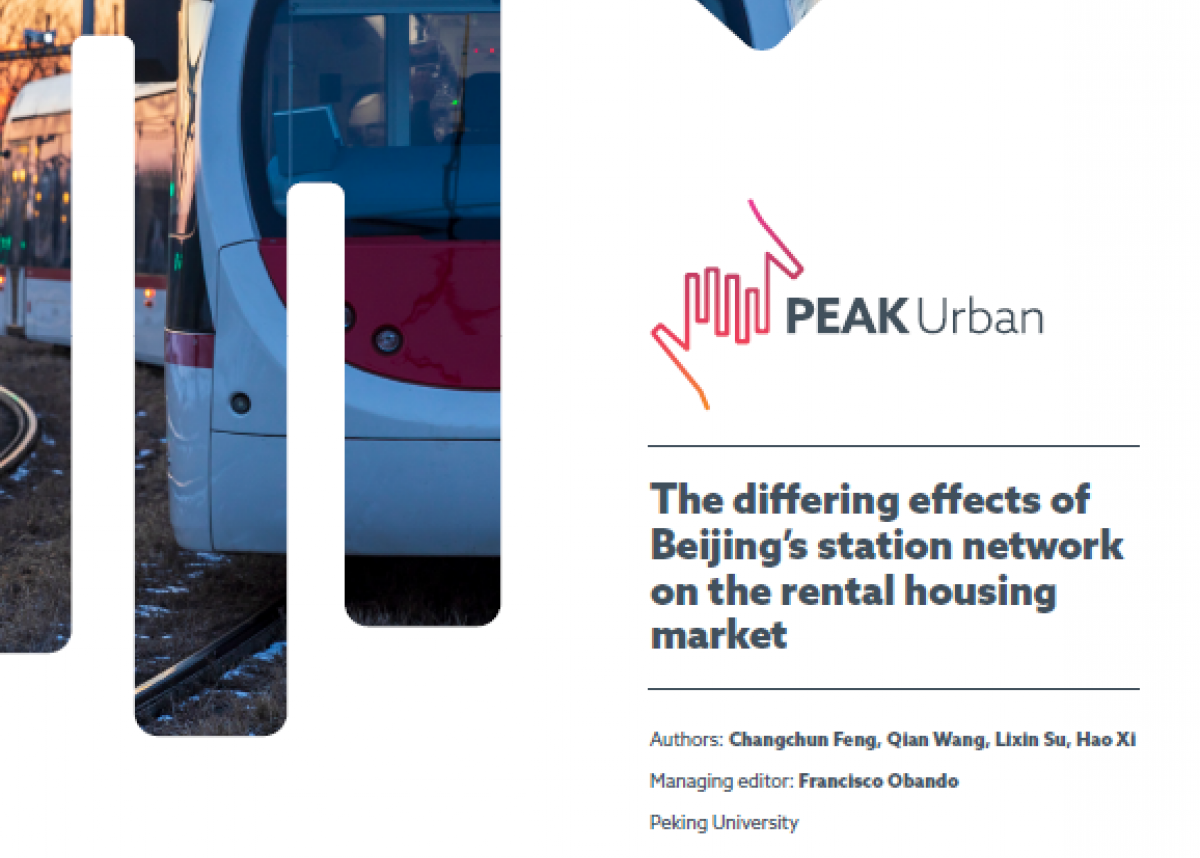
THE CHALLENGE
China’s urbanization and market economy have achieved remarkable results since its reform period began. Mass urban development and construction have transformed the appearance of the city. Land use has also undergone great change, due to the strategy of optimizing the use of stock land (land that has already been occupied or developed in contrast with new land), the transformation of urban villages and the renovation of shanty towns (in various forms emerging from various regions), and the construction of affordable housing.
OUR APPROACH
This study focusses on land use and housing issues in Chinese cities. We look at the development of land use policies and the related processes of urban village reconstruction, the perspectives of land development rights, land value-added income, land use efficiency, and social-spatial theories in order to contribute to issues such as land reuse, affordable, safe and secure, housing policies and projects, and urban village transformation.
This study is divided into four parts, namely, 1) the reform of China’s land and housing systems, 2) secure and safe housing systems and affordable housing policies, programmes and projects, 3) urban villages in the process of urban development, and 4) the redevelopment and utilization of stock land in the process of urban renewal.
The research findings will be used to provide policy recommendations that help to improve land use efficiency, improve urban infrastructure and public service supply, improve urban and rural governance structure, beautify the urban landscape, and realize SDG 11 for all its citizens.










